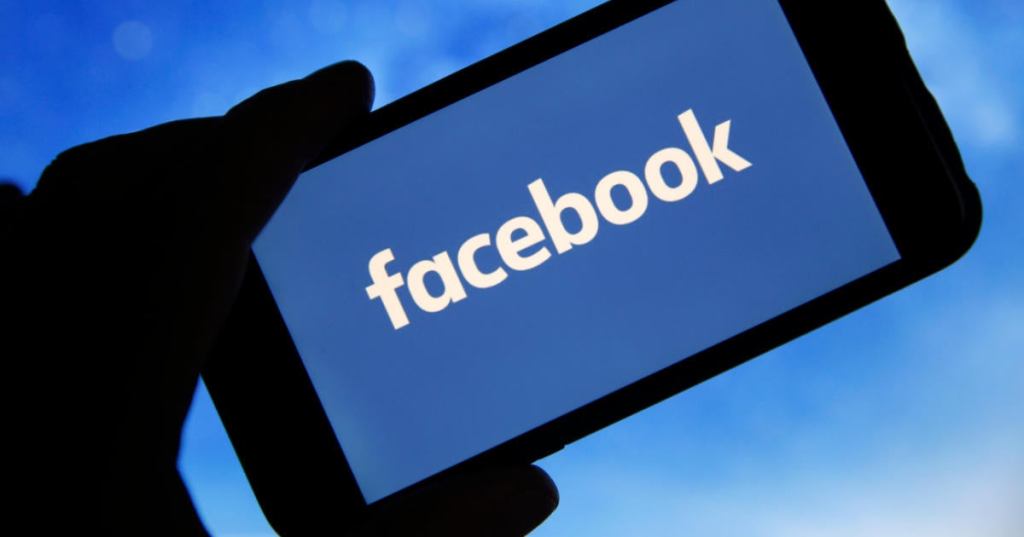The terrible week for Mark Zuckerberg continues, with a second round of outages for Facebook, Instagram, and Messenger. On Friday shortly after 2 p.m. ET, Down Detector reported that more than 20,000 people suffered an Instagram outage. The exact number of Facebook users who also reported an outage is unknown, but it is believed to have not been as widespread as Instagram. Only 800 people reported issues accessing Messenger. While this outage was not as devastating an issue as the seven-hour blackout on Monday, it is just the latest in a series of blows against the social media juggernaut.
Facebook suffered from mass outages around the world on Monday – just hours after an explosive interview with a whistleblower from within the company aired. CBS News’ 60 Minutes featured a long segment with former Facebook data scientist Frances Haugen on Sunday, where she discussed internal documents and discussed what she believes is a “systemic” flaw in the site. Monday’s outage may have given some people even more time on their hands to watch the interview.
Videos by PopCulture.com
Haughen worked in the social media industry for 15 years and left Facebook in May of 2021 by choice. She took with her thousands of pages of internal research and delivered it to the Securities and Exchange Commission as a whistleblower. CBS News then obtained those documents from a Congressional source, which is how Haughen wound up sitting across from Scott Pelley for her first interview.
To sum up all that she brought to the SEC, Haughen said that the site’s algorithm naturally amplifies “angry, polarizing, divisive content,” and that Facebook executives know it. One internal study she disclosed stated: “The current set of financial incentives our algorithms create does not appear to be aligned with our mission.”
“Facebook’s mission is to connect people all around the world,” said Haugen. “When you have a system that you know can be hacked with anger, it’s easier to provoke people into anger. And publishers are saying, ‘Oh, if I do more angry, polarizing, divisive content, I get more money.’ Facebook has set up a system of incentives that is pulling people apart.”
Haugen explained how this algorithm came to be starting in 2018, and how Facebook judges “what it calls meaningful social interactions” through “engagement-based rankings.” She also highlighted how this has impacted content creators themselves, saying that many of them are aware of the issue and have complained to Facebook about it.
On Tuesday night, Zuckerberg posted a message that he originally addressed to all Facebook employees, but that he decided to share with the general public as well. It is quite long, though only the first paragraph pertains to Monday’s service interruptions. After promising to mitigate such disasters in the future, Zuckerberg addressed Haugen, who made her case on 60 Minutes on Sunday before testifying before Congress on Tuesday. Haugen was there to explain the documents she took with her when she quit working for Facebook and delivered to the SEC.
Zuckerberg said that Haughen’s testimony “painted” a “false picture of the company” and its motives. He wrote that “many of the claims don’t make sense,” casting doubt on the conclusions Haugen has drawn without addressing her specific accusations. He highlighted the very “Meaningful Social Interactions” algorithm that Haugen was concerned about and the creation of her entire department, without acknowledging the fact that the company reversed those changes after the 2020 presidential election was over.
“The argument that we deliberately push content that makes people angry for profit is deeply illogical,” Zuckerberg wrote. “We make money from ads, and advertisers consistently tell us they don’t want their ads next to harmful or angry content. And I don’t know any tech company that sets out to build products that make people angry or depressed. The moral, business and product incentives all point in the opposite direction.”









